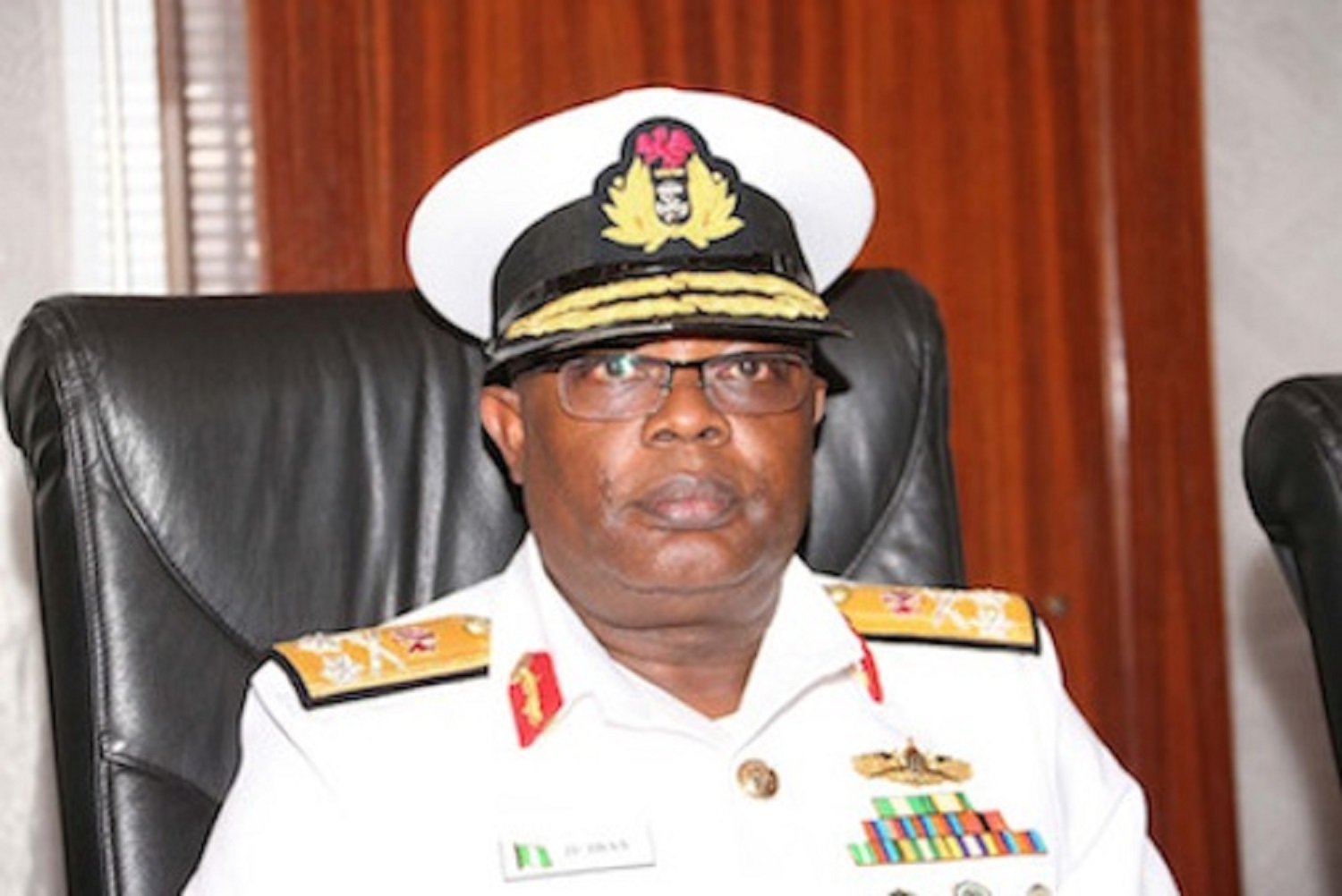Lawmakers and Civil Society have demanded a probe into N254bn FAAC spending under Ibas amid rejection and controversy.
NewsOnline Nigeria reports that the political dust in Rivers State is far from settled. Just days after the return of Governor Siminalayi Fubara and members of the Rivers State House of Assembly from six months of suspension, a new controversy is brewing this time over how billions of naira in federal allocations were managed during the emergency rule led by sole administrator, Vice Admiral Ibok-Ete Ibas (retd.).
Ibas, who vacated office on September 17, oversaw the state during one of its most turbulent periods. He had been installed after President Bola Tinubu declared a state of emergency in March, suspending the governor, deputy governor, and lawmakers amid a bitter power struggle between Fubara and his predecessor, Nyesom Wike.
ALSO: Trump Confirms Murdochs, U.S. Tech Giants Poised to Take Over TikTok Operations
Now, as democratic structures resume, the Assembly under Speaker Martin Amaewhule has announced its intention to probe all expenditures during Ibas’ tenure. Lawmakers say they are determined to “know what transpired with spending from the consolidated revenue fund for the award of contracts and other expenditure.”
Billions Flowed, Questions Remain
Analysis of FAAC records shows Rivers State received at least ₦254.37bn between March and August 2025, averaging over ₦42bn monthly. More than half of these receipts, ₦133.24bn came from the 13% oil derivation fund, highlighting the state’s dependence on volatile oil revenues.
Yet despite the heavy inflows, Rivers has not published its 2025 Budget Implementation Report, a statutory requirement that would detail how revenues were deployed across projects, salaries, and recurrent expenditure. The absence of transparency has fueled suspicion of financial mismanagement.
Civil society organisations are now amplifying the Assembly’s call for answers. The Coalition of Civil Society Organisations in Rivers, led by Enefaa Georgewill, described Ibas’ tenure as “illegal” and accused him of spending public funds without accountability. “Almost all the major projects, including the Assembly complex, remain stalled despite huge allocations,” Georgewill said, calling for a panel of inquiry.
Similarly, Emma Obe of the Civil Liberties Organisation branded the emergency government unconstitutional and insisted that the public deserves to know how funds were spent. “There is no government without accountability,” he stressed.
Ibas Fights Back
But the former administrator is not backing down. Through his media aide, Hector Igbikiowubu, Ibas dismissed the lawmakers’ planned probe as a “fool’s errand.” He argued that since his appointment came directly from the President and his activities were supervised by the National Assembly, any attempt to investigate him was effectively a probe of Tinubu’s administration.
“You cannot probe the administrator without probing the President who appointed him and the National Assembly that oversaw his actions,” Igbikiowubu said, insisting the Assembly had “certain limitations.”
Fubara’s Return and a Call for Peace
Meanwhile, Governor Fubara has resumed office with a message of gratitude and reconciliation. At a thanksgiving service in Opobo Town, he credited prayers and faith for sustaining him during the crisis and pledged to rededicate himself to peace and development.
“When my story ends, this church will lead me to my next journey,” he said, urging Rivers people to continue praying for his administration.
What Lies Ahead
The unfolding tussle over accountability could define the post-emergency political climate in Rivers. On one side, lawmakers and civil society groups insist that nearly ₦300bn in allocations must be accounted for. On the other, Ibas and his camp argue that probing his tenure undermines the authority of the President who appointed him.
With a history of deep political fractures and competing power blocs, Rivers appears headed for another storm—this time not about who governs, but about how the state’s wealth has been managed.














